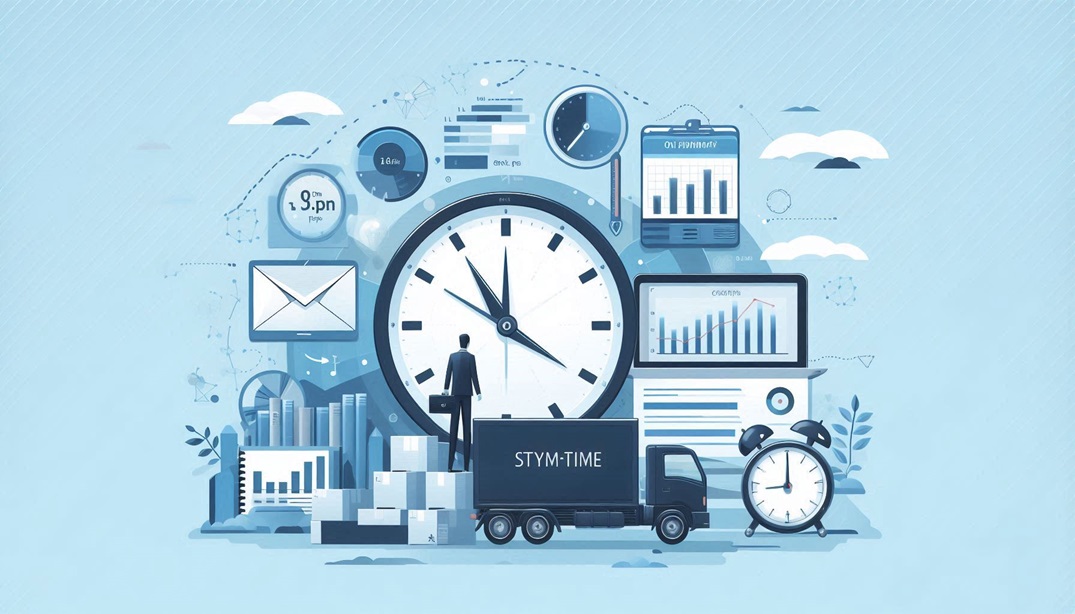Late deliveries are one of the fastest ways to lose customers in the logistics industry. With tight delivery windows and high client expectations, even small delays can cost you money and reputation. The solution? Data analytics.
Here are seven proven ways analytics can help you improve your on-time delivery rate and keep clients satisfied.
1. Identify Delay Patterns
Analytics helps you find patterns in late deliveries—by route, time of day, or specific carriers. Once you know where the problem is, you can fix it.
2. Optimize Routes in Real Time
Traffic congestion and road closures are major causes of delays. AI-powered tools recommend alternate routes instantly, reducing travel time.
3. Monitor Carrier Performance
If you work with multiple carriers, performance analytics show which ones consistently deliver late. Use this data to renegotiate contracts or switch partners.
4. Predict Weather Disruptions
Bad weather often leads to delays, but predictive analytics can warn you days in advance. Adjust schedules or reroute shipments before the storm hits.
5. Improve Scheduling Accuracy
Many delays happen because of poor scheduling. Data-driven planning ensures your trucks leave at the best times to meet delivery windows.

6. Reduce Detention Times
Analytics reveal loading and unloading bottlenecks. Once you know where delays happen, you can coordinate better with shippers and receivers.
7. Use Predictive Maintenance
Breakdowns on the road cause major delays. Predictive maintenance analytics help you service trucks before issues cause downtime.
The Bottom Line
On-time delivery isn’t just about speed—it’s about data-driven planning. With analytics, you can anticipate problems, make better decisions, and consistently meet customer expectations.




